Using precautions like bandages and lubricants can help you run away from this uncomfortable condition
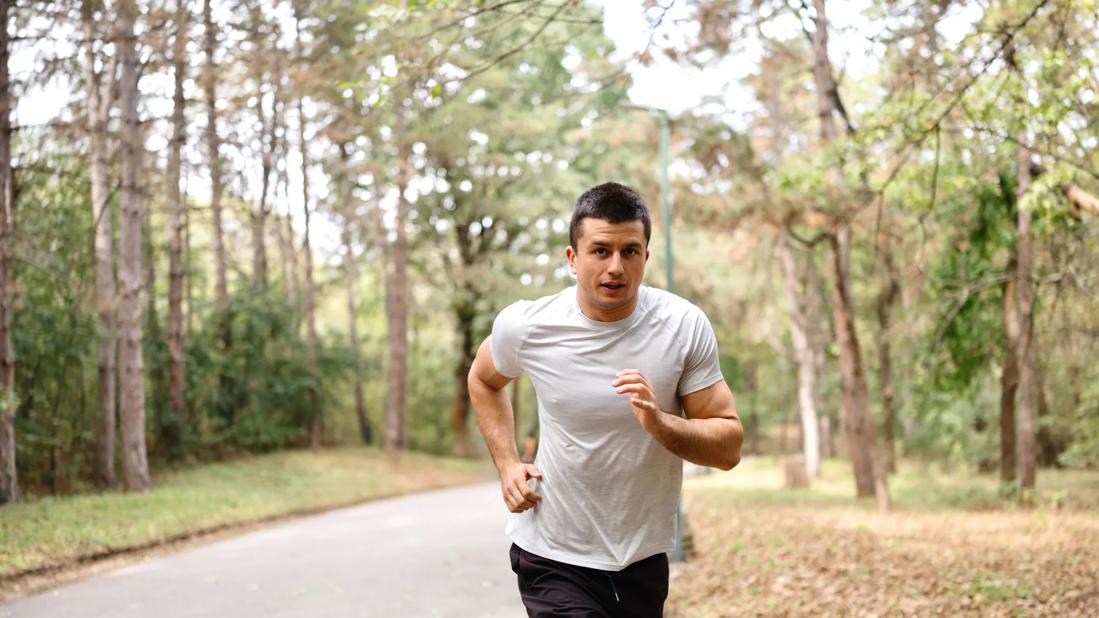
“Nipple chafing” is a two-word combo that makes any runner shudder.
Advertisement
Cleveland Clinic is a non-profit academic medical center. Advertising on our site helps support our mission. We do not endorse non-Cleveland Clinic products or services. Policy
Because if you routinely grind out training miles, you’re no doubt aware — make that PAINFULLY aware — of “jogger’s nipple.” That’s the sporty term for chafing that can rub nipples so raw that they bleed.
And in case you were wondering, jogger’s nipple (also known as runner’s nipple) is even more uncomfortable than it sounds.
The good news? You can avoid the sting of nipple chafing with some planning and precaution before setting out on your next long run. Let’s find out how from family medicine doctor Sarah Pickering Beers, MD.
The friction generated as clothing rubs against your nipples can cause the type of nipple fissure known as jogger’s nipple. It’s often experienced after longer runs and thousands upon thousands of strides.
That’s because each gallop forward slightly shifts your clothing over your chest. Eventually, that constant movement over your nipples can lead to chafing and cracks in the skin.
“The longer the rubbing goes on, the more likely you are to see chafing,” says Dr. Pickering Beers.
Sweat-soaked shirts that stick to your chest can increase friction and can increase your risk of jogger’s nipple. Ditto for cooler weather that makes nipples more erect and vulnerable to rubbing.
Advertisement
After the damage is done, chafed nipples may look red, dry and irritated and feel tender when touched. Bleeding is possible, too. (Want proof? Look at the images that pop up if you Google “nipples and marathon.”)
Jogger’s nipple is unfortunately common among the high-mileage crowd. One study found that almost 36% of runners who logged more than 40 miles (65 kilometers) a week experienced nipple chafing.
Here are a few ways to keep it from happening.
What you wear can make all the difference when it comes to nipple chafing.
Heavy or rough shirt materials are more likely to cause friction that can lead to jogger’s nipple. “Cotton shirts are notorious for causing this kind of irritation, especially as the shirt gets heavy and wet with sweat,” says Dr. Pickering Beers.
So, if you’re going out for a run, dress for the occasion with lightweight, moisture-wicking clothes. These special fabrics pull sweat away from your skin to the outer surface of the shirt, where it can evaporate. They’re also less likely to stick to your skin and rub.
A shirt that fits well (and even a bit snug) can reduce the back-and-forth fabric movement that leads to chafing, too.
Wearing a comfortable and supportive sports bra can also protect against runner’s nipple.
And if a piece of clothing doesn’t feel right when you put it on, take it as a sign. A stiff shirt logo that seems uncomfortable at the start of your run isn’t going to feel better after 10 miles, notes Dr. Pickering Beers.
Another way to avoid jogger’s nipple is to put a physical barrier between your nipples and clothing.
Something as simple as a traditional boo-boo bandage strategically placed over your nipples to guard against chafing, says Dr. Pickering Beers. Specialized products designed for this purpose are also available.
But whatever adhesive product you choose, make sure it’s meant to be applied to skin. The wrong type of tape might not stay affixed or be so icky-sticky that it irritates your skin or is difficult to remove. (So, no duct tape, folks!)
Lubricants eliminate friction — and that’s your target goal if you’re trying to prevent chafing.
Applying a lubricating layer of petroleum jelly (such as Vaseline®) to your nipples before a run can help keep clothing from rubbing them raw, says Dr. Pickering Beers. Lubricating creams, balms and powders — many made specifically for runners — also can get the job done.
If you landed on this article after returning from a run with some unfortunate chafing, don’t worry — we’ve got you covered. Dr. Pickering Beers suggests taking the following steps to help your nipples heal.
Advertisement
Most cases of jogger’s nipple should feel better within a few days. More severe cases may take a few weeks to fully heal. See a healthcare provider if the area shows signs of infection (such as pus) or you don’t see improvement.
Advertisement
Learn more about our editorial process.
Advertisement

Your diet in the weeks, days and hours ahead of your race can power you to the finish line

Reducing your pace allows you to log more miles and train your body for the stress of running
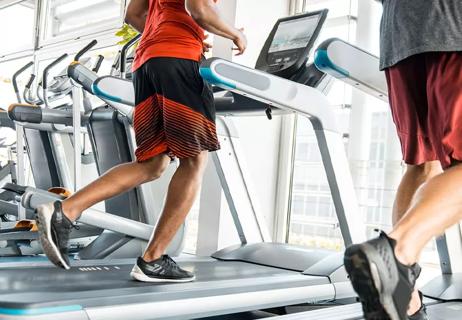
Running doesn’t cause knee arthritis, but you can take steps to minimize cartilage damage

Months of preparation go into readying your body to run 26.2 miles
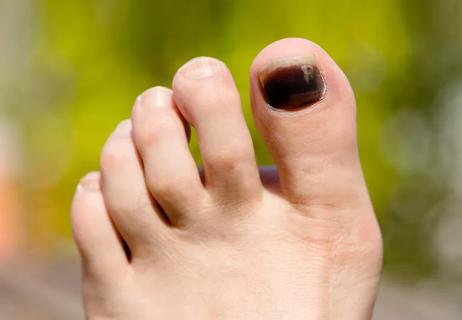
A few precautions can keep your toenails from turning black and falling off

Your body’s natural response to starting workouts may include an urge to scratch
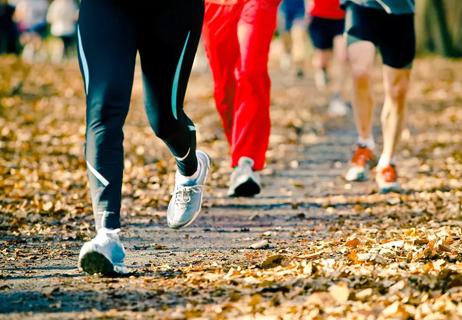
What you should know before hitting a race before the big Thanksgiving meal
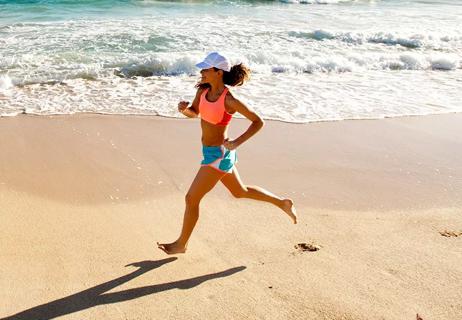
As a training tool, ditching your shoes could help you build better running form to avoid injury

Wearing a scarf, adjusting your outdoor activities and following your asthma treatment plan can help limit breathing problems

Your diet in the weeks, days and hours ahead of your race can power you to the finish line

When someone guilt trips you, they’re using emotionally manipulative behavior to try to get you to act a certain way